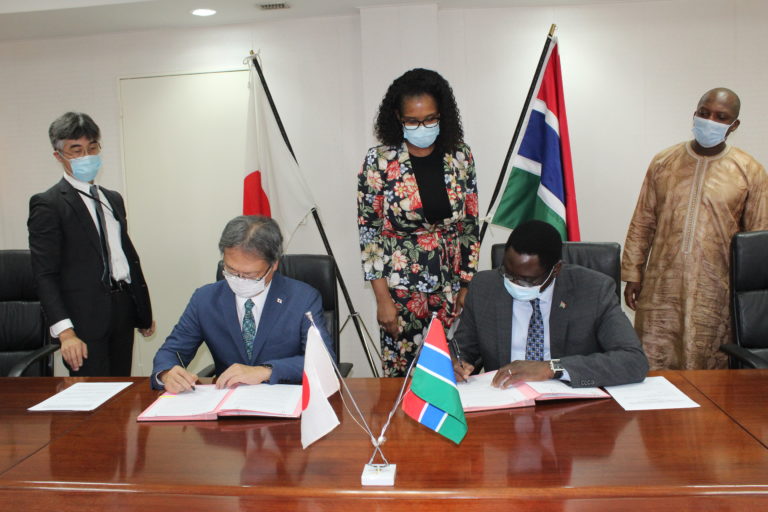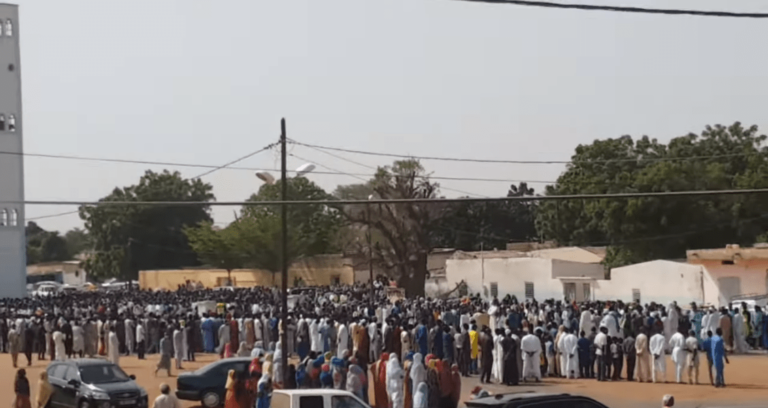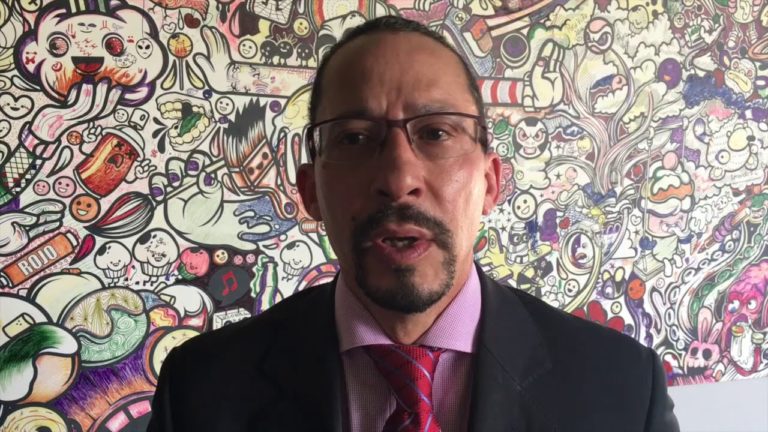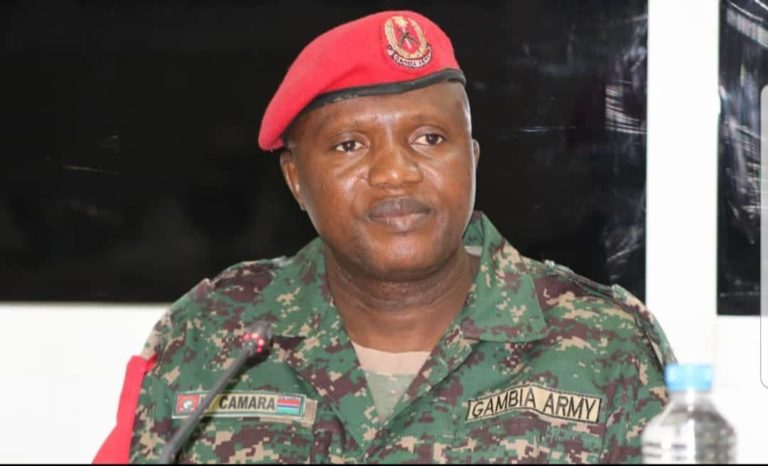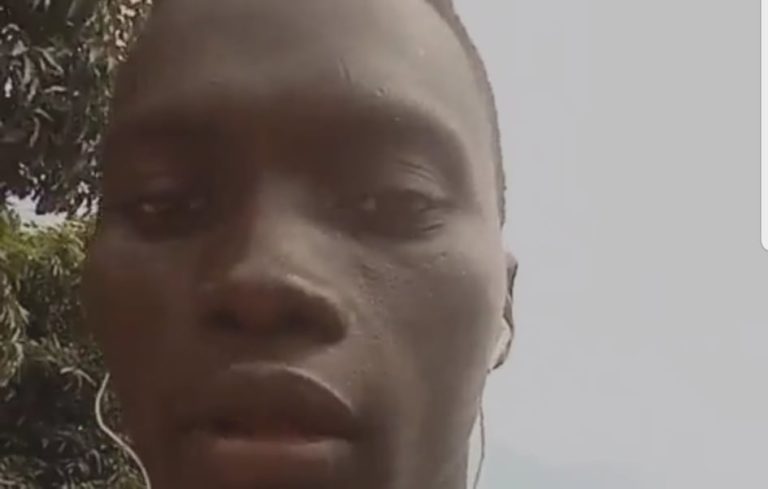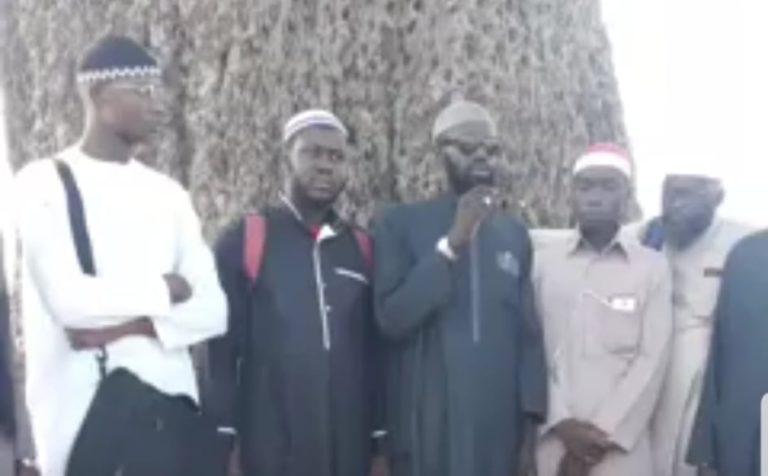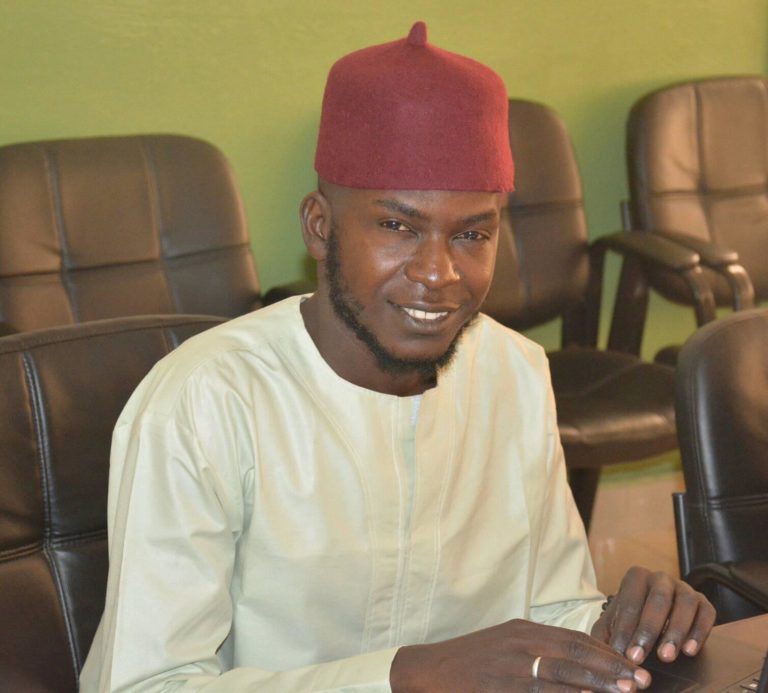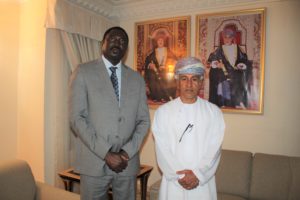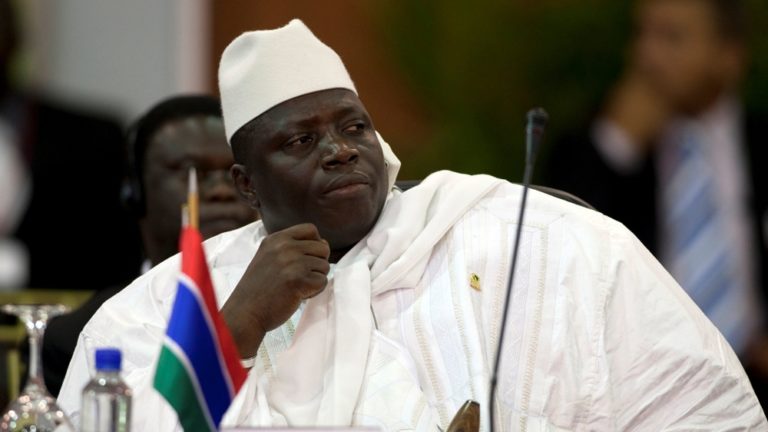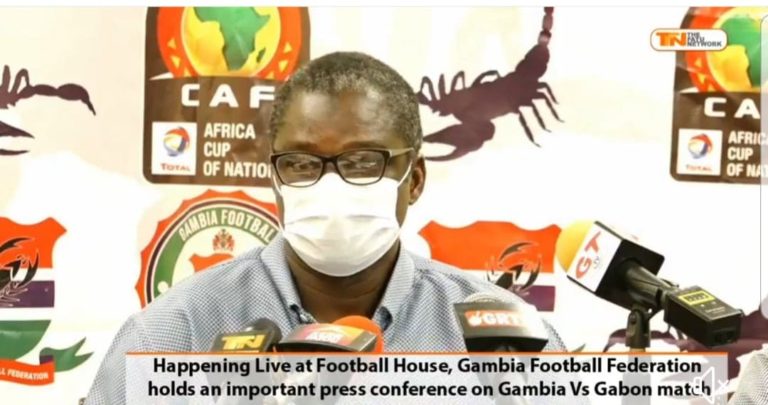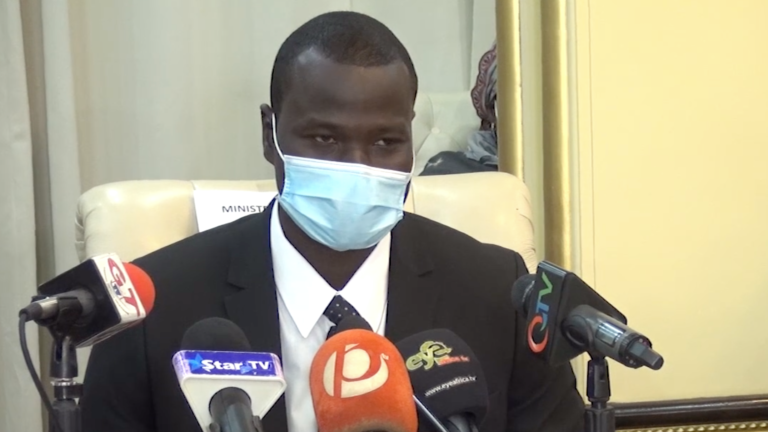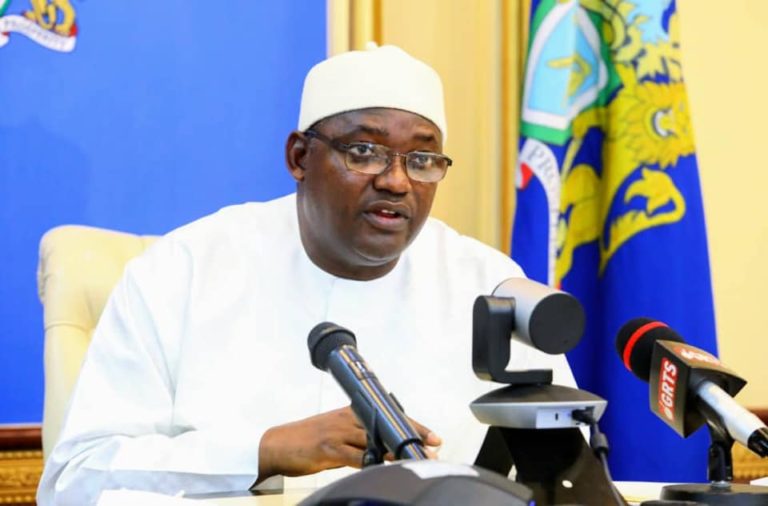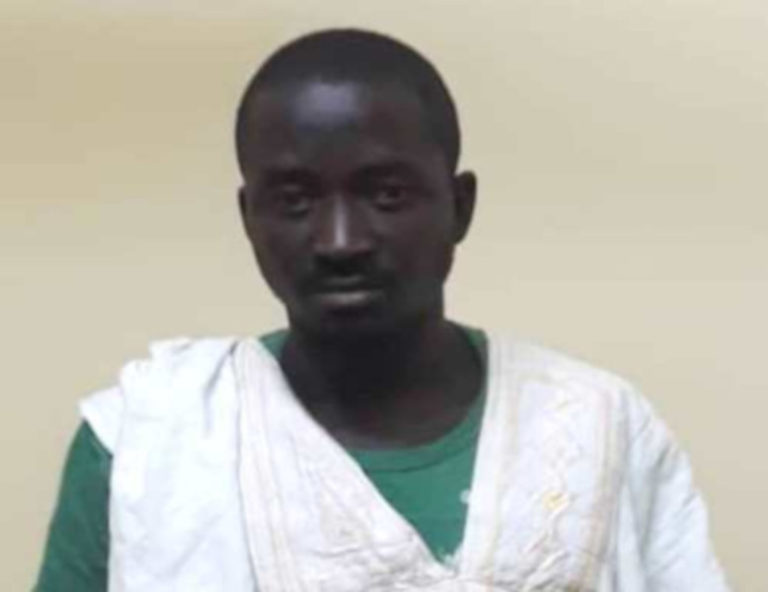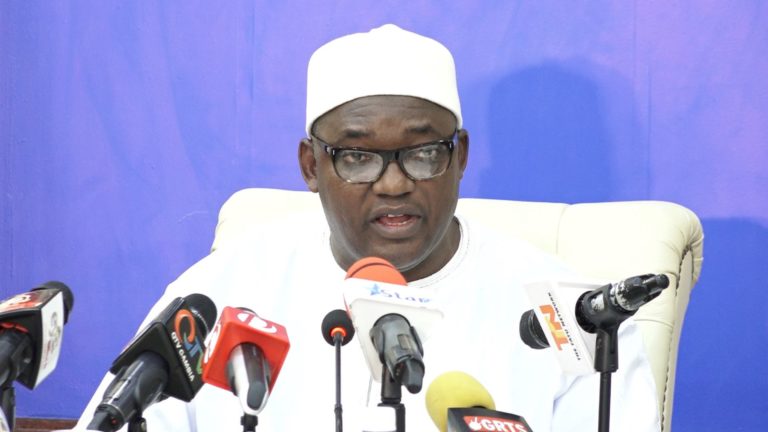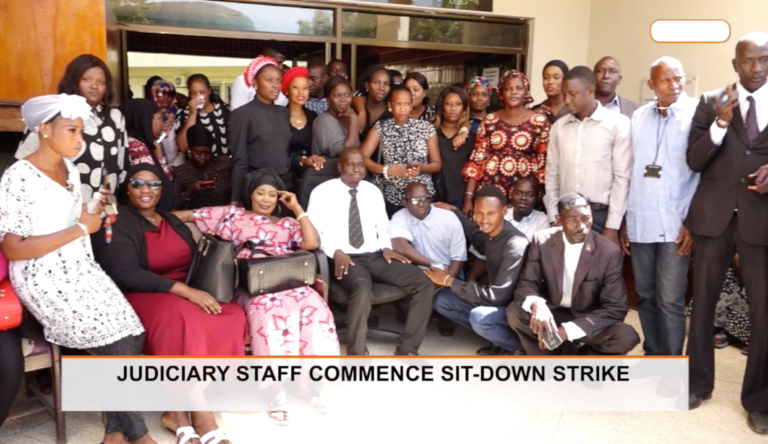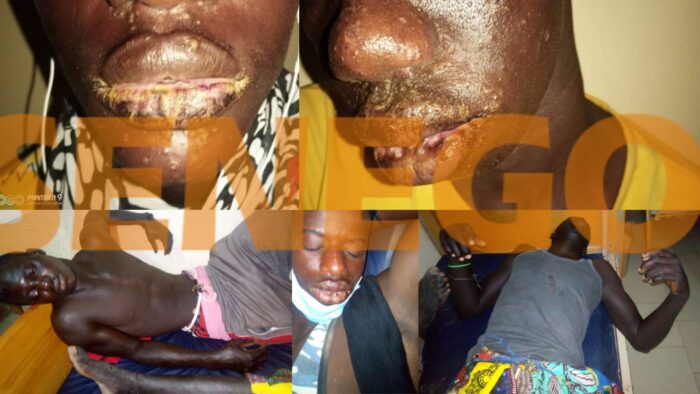For many countries, including The Gambia, that today celebrate World Children’s Day to commemorate the ratification of the Convention on the Rights of the Child, COVID-19 presents development challenges like never seen before. In the 55 years since The Gambia attained statehood, the country has never had to shut schools for more than six months, close markets, and impose widespread restrictions for long periods.
The trails of devastation left by COVID-19 are being felt in every community, town and city in the country. Families have lost their livelihoods; businesses have shuttered; the economy has been shaken to its roots; and children’s survival and development are being compromised.
The COVID-19 crisis is a child rights crisis. The costs of the pandemic for children are immediate and, if unaddressed, will persist throughout their lives. For example, it is estimated that 700,000 children in The Gambia were temporarily out of school for up to six months. This is an entire generation whose education was threatened by the pandemic, and while the spread of the virus appears to have ebbed, the risks persist.
Since the outbreak of the pandemic, we have been engaging children and asking them how they feel about the virus, how it has been affecting them, and how they think we can avert a crisis of this magnitude in the future. Their answers are clear – put children’s rights at the center of recovery efforts.
Can we build back better?
Yes. In fact, UNICEF advocates for a new normal because the old normal has not worked for the millions of families stuck in poverty, the millions of young people out of school and unemployed, and the growing number of women and children who live in constant fear of violence, abuse and exploitation.
Amidst COVID-19, UNICEF invites everyone to join the charge to respond, recover and reimagine a world fit for every child. Together with all our partners, we can prevent the COVID-19 pandemic from becoming a lasting crisis for children, especially the most vulnerable. We must take this opportunity to invest in their futures and build back better.
How then can we build back better?
By partnering with and listening to children and young people, we can ensure that recovery efforts are meaningful and sustainable for them as we work together to design a better future. The future is theirs and they have a vision. With 63% of the population being under the age of 25 years, The Gambia has so much to win if we engage them in the design of the country’s future, by providing them a platform to express their opinions on the content and quality of the policies and programmes that adults design on their behalf.
Across the world, children are calling on governments to reimagine education. COVID-19 has shown us how we further perpetuate exclusion when we fail to invest in digital technology and bridge the digital divide. Children are exhorting us to reverse the learning crisis – demanding that we ensure that when they are in school, they have the resources to learn and complete their education without obstruction.
Children and young people are demanding more investment in their mental health, calling on us to bring an end to abuse, gender-based violence, and neglect. The world they envision ensures that every child and young person has access to quality mental health services and are involved in building a society based on respect, inclusion and non-discrimination. We must prepare them for the future.
They are also calling on us to break the cycle of child poverty, which has increased during the pandemic, and to ensure an inclusive recovery for all. COVID-19 has had, and continues to have, a devastating impact on families, and we should work with children and young people to devise strategies to guarantee a better life and future for all families.
The pandemic has also underscored just how important access to safe water, sanitation and hygiene is and how providing handwashing facilities could make a difference for millions of people. Yet for two in every three families in The Gambia, even this most basic of services is out of reach; therefore, we must begin to see water, sanitation and hygiene as a human rights issue.
Where do we start?
With the basics. At home, parents need to listen to children and consider their views when forming any decision. In communities, we must consult with and put their interest first when developing and/or implementing any activity. In schools, children must be involved in how education is delivered to ensure quality learning. At national level, laws, policies and development plans must be child rights-centered and focused on the inclusion of the most vulnerable children and young people.
Building back from COVID-19 will require sustained and long-term planning as well as proactive budgetary allocations to prevent the COVID-19 pandemic from becoming a lasting crisis for children and young people, and to be more crisis-ready in the future. In many instances, these long-term plans will be implemented by young people as they grow and assume positions of responsibility in governance, community development, and the private sector amongst others. When children and young people are involved from the outset in these processes, sustainability will be more easily guaranteed.
The writer, Gordon Jonathan Lewis, is UNICEF The Gambia Representative.

